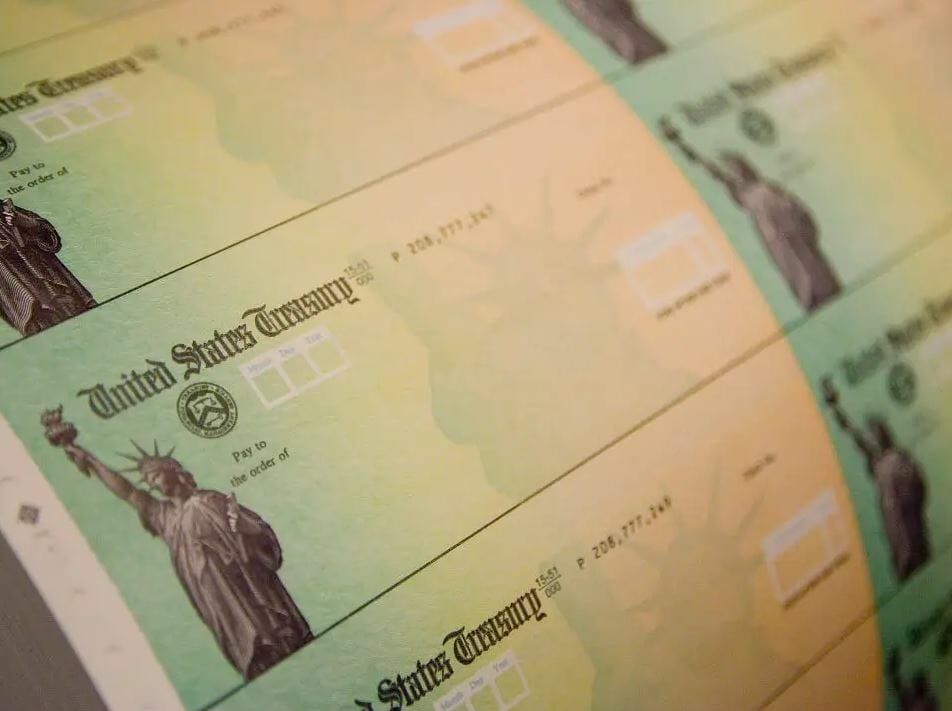Make Sure You Get What You’re Owed
Following the approval of the coronavirus relief package, the IRS has announced that they will be disbursing payments to eligible individuals in the coming weeks. The general consensus is that each person will be allocated $1,200; however, the situation is slightly more intricate than that.
For families, the allocation will be more substantial. Couples will each receive $1,200, and there will be an additional $500 for every dependent child. Nevertheless, it’s essential to consider your regular income. If your annual income exceeds $75,000, your stimulus payment will decrease by $5 for every $100 over that threshold. Individuals making over $99,000 annually will not be eligible, though this limit increases for married couples, ranging from $150,000 to $198,000.
Moreover, the IRS will reference your most recent tax return to ascertain your income level and, consequently, your entitlement. If you have already filed your taxes for this year, those details will be used; otherwise, last year’s return will be considered. In cases where you were not required to file tax returns in the past two years due to reasons like receiving social security benefits or being a veteran, you can submit a simplified return on the IRS website to ensure you receive your payment. This “simple” return only requires basic information such as filing status, dependents, and bank details.
In terms of payment distribution, if you have previously provided direct deposit details to the IRS for tax purposes, the stimulus funds will be directly deposited into your account. Otherwise, a physical check will be sent by mail. It’s worth noting that numerous banks offer mobile applications that enable you to deposit checks by simply photographing them, eliminating the need for a visit to a bank branch.
A vital cautionary note: there have been reports of scammers impersonating the IRS and contacting individuals to request sensitive banking information for the purpose of facilitating stimulus payments. It’s crucial to be aware that the IRS never initiates contact by phone. If you encounter such a call, disregard it, and refer only to the official guidelines provided on the IRS website.













































